You are here
Back to topFresh Portuguese Pears Granted China Market Access
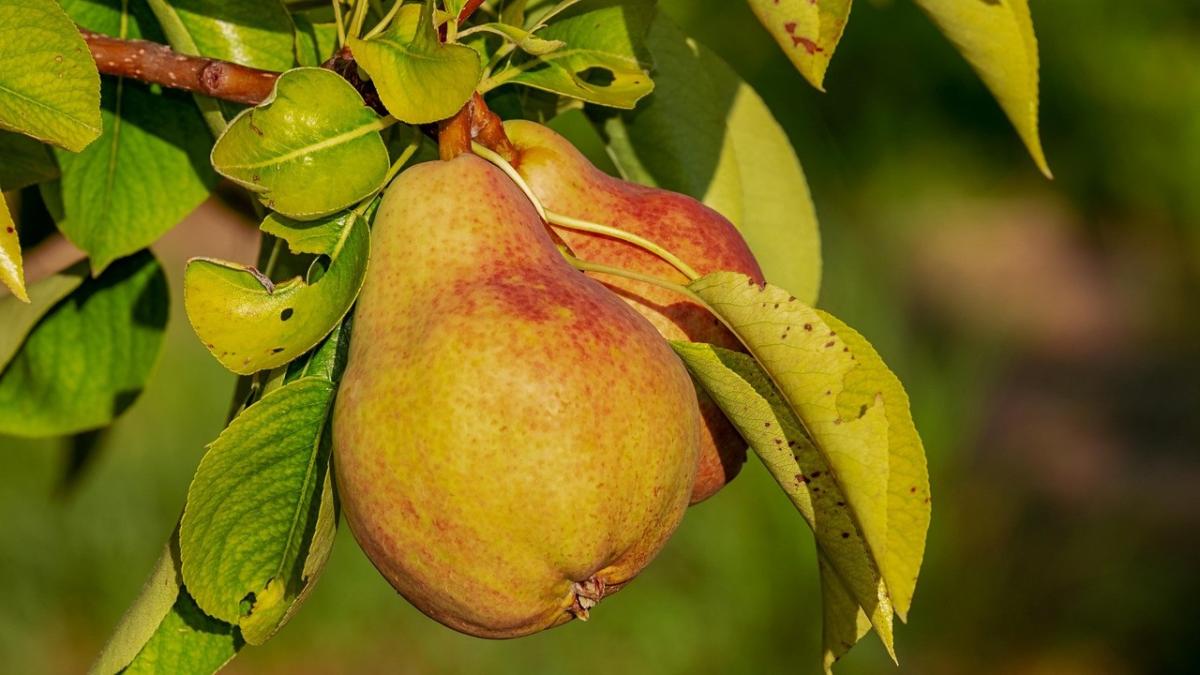
On Sept. 22, the General Administration of Customs of China released via its website the phytosanitary requirements for fresh pears from Portugal.
According to Portuguese media reports, the Rocha pear is Portugal’s leading export variety, and the country is also the largest producer of Rocha pears in Europe. In 2024, members of the National Association of Rocha Pear Producers, which accounts for about 90% of the country’s total production, harvested approximately 115,000 metric tons — up 5.7% from 2023 but only about half the peak level reached in 2021. Nearly 60% of Portugal’s Rocha pears are exported, mainly to Germany, the United Kingdom, France, Spain, Brazil and Morocco, with Brazil alone accounting for more than one-quarter of total exports.
Pears granted China market access must originate from pear-producing regions on the Portuguese mainland (excluding the Azores and Madeira). Orchards, packing facilities and cold treatment facilities for exporting pears to China must be inspected by the Portuguese Ministry of Agriculture and Maritime Affairs and registered with the GACC. Before each export season, the ministry is required to submit an updated list of registered orchards and packing facilities to the GACC. Following review and approval, the GACC will publish the list on its website.
China has identified a total of 18 quarantine pests of concern. These include the pear bark aphid (Aphanostigma piri), Mediterranean fruit fly (Ceratitis capitata), fig wax scale (Ceroplastes rusci), codling moth (Cydia pomonella), Putnam scale (Diaspidiotus ancylus), pear-bedstraw aphid (Dysaphis pyri), European pear scale (Epidiaspis leperii), wooly apple aphid (Eriosoma lanigerum), pear fruit sawfly (Hoplocampa brevis), long-tailed mealybug (Pseudococcus longispinus), pear thrip (Taeniothrips inconsequens), large pale masoner (Blastobasis decolore), apple mussel scale (Lepidosaphes ulmi), obscure mealybug (Pseudococcus viburni) and four microbial plant pathogens (Botryosphaeria stevensii, Phytophthora syringae, Venturia pyrina and Erwinia amylovora).
During processing and packing, the pears must undergo sorting, grading and washing. Defective fruits, including diseased, insect-damaged, decayed and deformed ones, as well as leaves, twigs, other plant debris and soil must be removed. Effective cleaning methods, such as high-pressure air or water jets and brushing, should be used to eliminate scale insects, insect eggs, fungal spores and other surface contaminants. If necessary, sterilization targeting P. syringae should be conducted at the packing facilities.
For pears originating from regions affected by the Mediterranean fruit fly, cold treatment must be carried out under the supervision of the Portuguese Ministry of Agriculture and Maritime Affairs or its authorized agents, in accordance with established cold treatment protocols. The treatment must satisfy one of the following conditions: a fruit pulp core temperature of 1.11 degrees Celsius or below for at least 14 consecutive days, 1.67 degrees Celsius or below for at least 16 consecutive days, or 2.22 degrees Celsius or below for at least 18 consecutive days.
Image: Pixabay
This article was translated from Chinese. Read the original article.



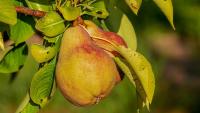
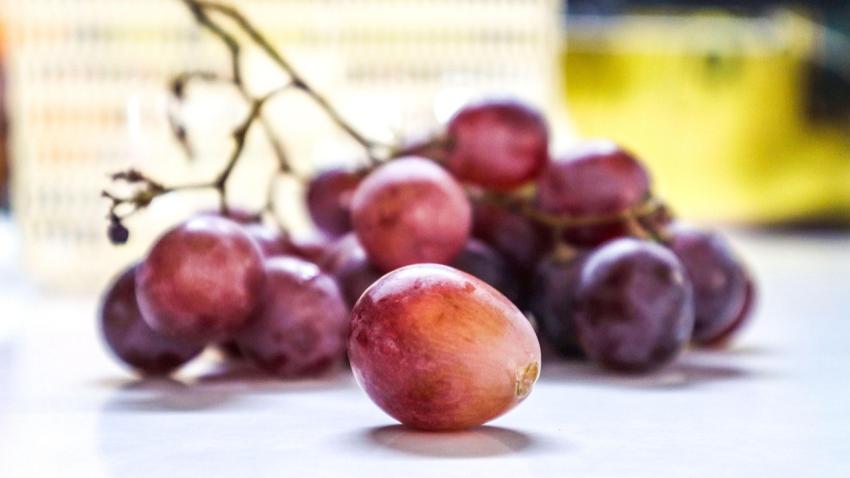
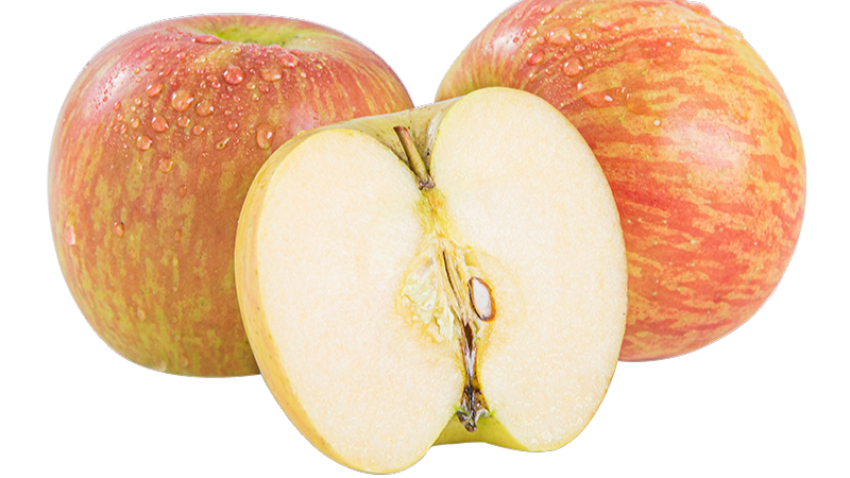
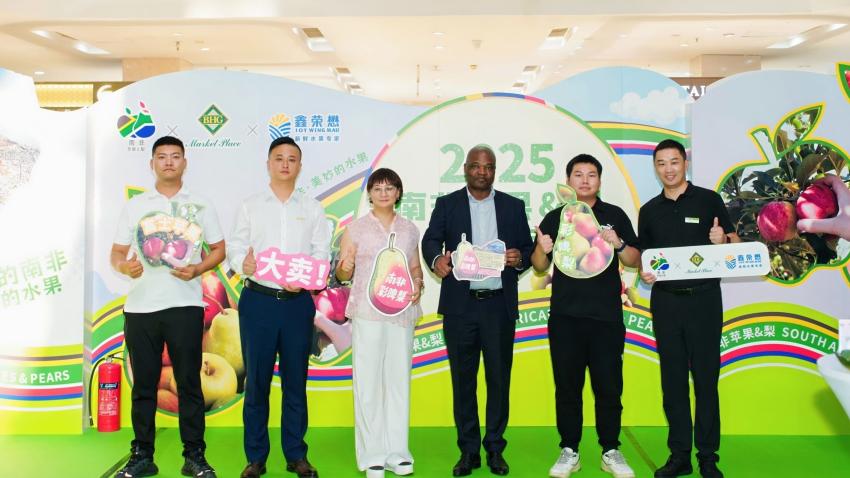








Add new comment